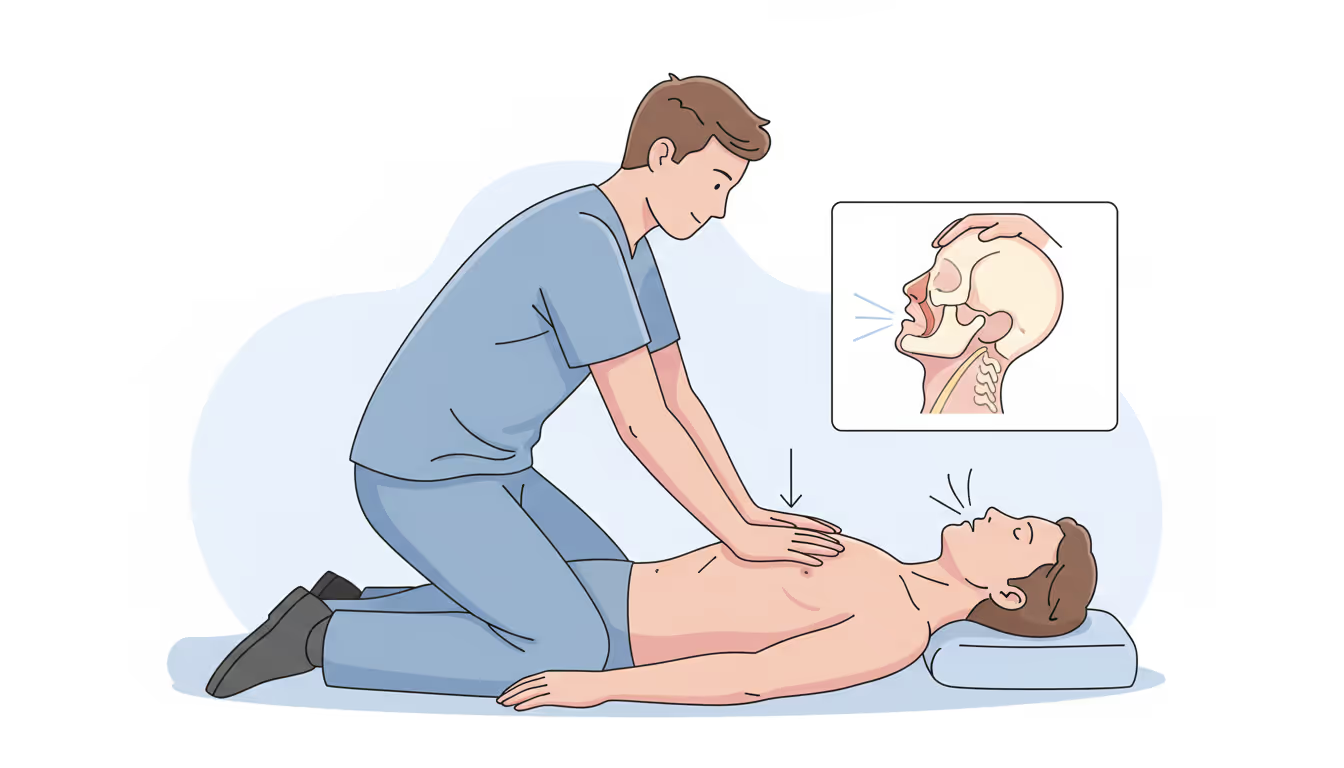
Progressive supranuclear palsy (PSP) is a neurological condition of uncertain origin that progressively damages cells across various brain regions, resulting in lasting issues with movement control and balance. One of the most noticeable symptoms is the inability to properly direct the eyes, caused by damage to the brain area responsible for eye movement coordination. Some individuals describe this as blurred vision. Another frequent visual issue is the inability to maintain eye contact during conversations, which may mistakenly suggest that the person is hostile or indifferent. Changes in mood and behavior, such as depression, apathy, and progressively mild cognitive decline, are also common in patients.The term "progressive" indicates that the condition worsens over time; "supranuclear" signifies that the primary issue lies not in the nuclei (cell clusters in the brainstem) that directly govern eye movements, but in higher centers that control these nuclei; and "palsy" refers to weakness, specifically in eye movement in this context. The disease typically begins with balance impairment. Almost all patients eventually experience difficulty moving their eyes up and down, a symptom that often leads doctors to the correct diagnosis. Although PSP progressively deteriorates, it is not fatal in itself. Swallowing difficulties can eventually lead to food entering the windpipe. Complications from immobility, especially pneumonia, and injuries from falls are additional concerns. PSP was the illness that resulted in the death of British comedian Dudley Moore in 2002, with pneumonia as the final complication. The condition affects approximately 20,000 Americans, or about one in every 100,000 individuals over 60 years old. It primarily affects those in middle or older age, with men being more frequently affected than women.Currently, there is no effective cure for PSP. In some patients, symptoms such as slowness, rigidity, and balance issues may temporarily improve with antiparkinsonian medications like levodopa, or a combination of levodopa with other agents or amantadine, but these effects are usually short-lived. Difficulties with speech, vision, and swallowing rarely respond to medication. Some drugs have shown modest success in treating PSP, including fluoxetine (Prozac), sertraline (Zoloft), and imipramine (Tofranil). The benefits of these medications are not primarily due to their antidepressant effects.Non-pharmacological treatments for PSP vary. Patients often use weighted walking aids to counteract their tendency to fall backward. Bifocals or special prism glasses may be prescribed to help with the challenge of looking downward. Although formal physical therapy has not proven beneficial for PSP, certain exercises can help maintain joint flexibility. A surgical procedure, such as inserting a feeding tube directly into the stomach, may be considered when swallowing problems occur.PSP was first identified as a distinct disorder in 1964 when three scientists published a paper distinguishing it from Parkinson's disease, which is far more prevalent. The condition is sometimes called Steele-Richardson-Olszewski syndrome, named after the researchers who defined it, and occasionally referred to as dementia-paralysis.




